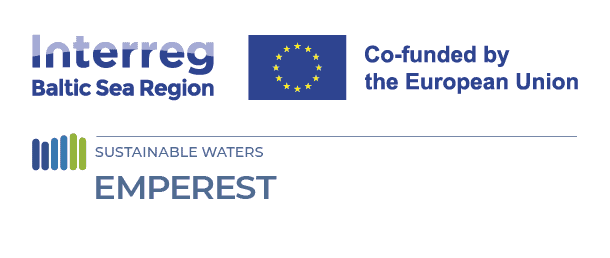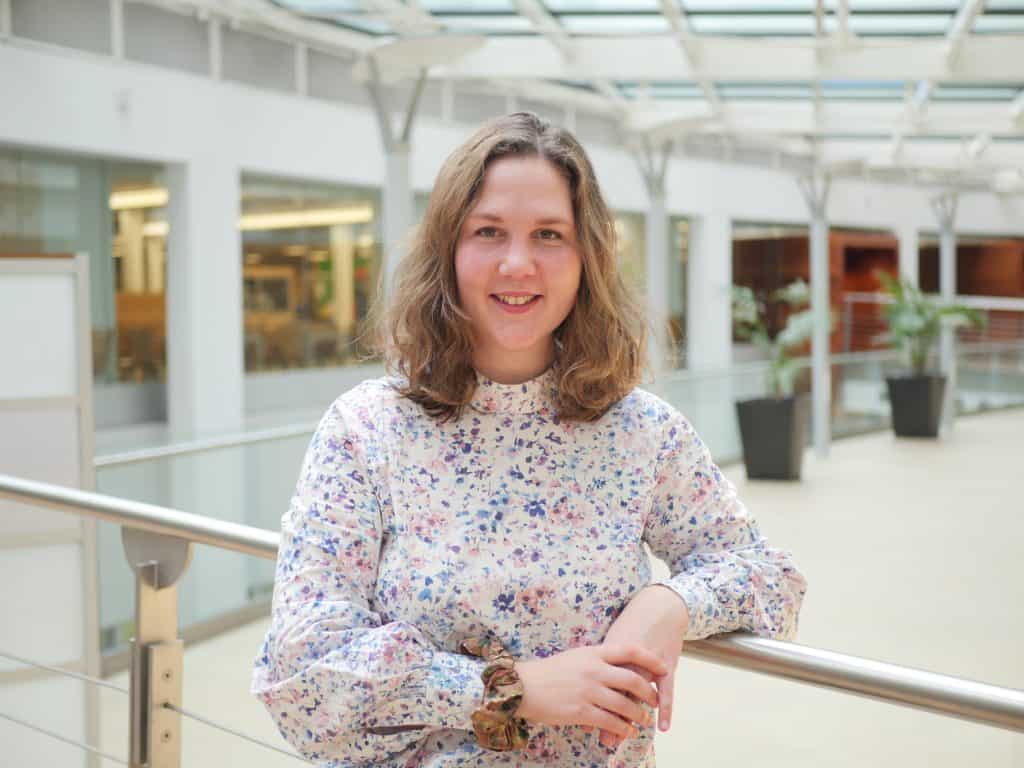
Interview with Louise Floman, coordinator of EUSBSR PA Hazards
14 June 2024
EMPEREST: Could you introduce for our readers the Policy Area Hazards and the relevant actions that it is currently addressing? Also the update of the EU Strategy for the Baltic Sea Region is coming up – do you foresee there any big changes compared to recent activities?
LOUISE FLOMAN: That is a great question! In the action plan from 2021, we have two main actions: To prevent pollution and reduce the use of hazardous substances; and to mitigate new and remediate historic contamination. The first action, which is the one that EMPEREST contributes to, has emphasized the need to tackle PFAS and pharmaceuticals in the environment. These are persisting issues, and will not disappear in the revision. I hope to finetune actions and set up ambitious targets to address the issues at hand, including focusing on upstream measures and preventing pollution from entering the water. We also will keep an eye open to the list of prioritised substances currently being developed by HELCOM.
PFAS are one of the priority substances tackled within hazardous substances – could you explain why it is so important to address it?
It is particularly important since it is a so-called “forever chemical”, and there is still a need to work with awareness-raising as well as targeted measures – in particular to prevent it from going into the environment in the first place.
In which spheres do you find that addressing PFAS could be most effective at the moment? Would it be downstream or upstream measures, and is it about research and technology, or further into the field of general awareness raising or policy impacts?
Both downstream and upstream measures are important, but for the future, I hope to see more upstream measures to prevent substances entering the environment at all. To achieve this, we need to reach and support policy makers to set good standards, regulations and strategies and to make sure that the good results from projects translate into action. General awareness raising is continuously important, and awareness still differs greatly from country to country, which makes it a great topic for cooperation.
How do you see the EMPEREST activities in these contexts – do they help PA Hazards to fulfill the set objectives? How will the results of the projects like EMPEREST be taken further on board in the EUSBSR vision?
The EMPEREST project came very timely, tackling both upstream and downstream measures, as well as awareness raising, including support to municipalities. It is an ambitious project, with many legs, and I am convinced that EMPEREST can play a part in supporting policy-makers with good practice and methodologies to make good decisions. I hope that PA Hazards could contribute to the transfer of knowledge to policy-makers on national as well as local levels, and look forward to future collaboration on this.
What are the practical ways how projects or local stakeholders could benefit from the knowledge and connections accumulated in PA Hazards? And what activities are foreseen under PA Hazards for the next years that the stakeholders should take into account?
We are currently planning activities together with our Baltic Sea PFAS Network. The idea is to have some more targeted actions, such as workshops, with for example local actors to discuss how to best implement regulations and good practice. We will keep you posted!
Already in the end of October we will be jointly organising a seminar “Let’s talk about PFAS! Connecting PFAS strategies in the BSR” at the EUSBSR Annual Forum in Visby. Could you already provide a teaser about the focus and aims of this seminar?
The aim of this seminar is to work with the policy impact, how to make the results from good projects reaching policy-makers. I hope to see some practical ideas for action!
Moreover, I would really like to hear more about what the next step is in PFAS! We know that there is still need for awareness-raising, in particular in some parts of the Baltic Sea Region. Some say that we need to stop talking, and start implementing. What is the next step, or what obstacle do we need to remove to start implementing?
Let’s finish this interview with a personal touch! You have started in the position of the PA Hazards Coordinator last summer – so, what motivates and inspires you most, a year into this work?
I come from the world of cooperation, and I was excited deep-dive into issues related to a clean sea and tox-free environment. I find it comforting to meet with so many dedicated, competent people working to make our world and region more environmental friendly.
Thank you for the interview and inspiration, Louise! Dear readers, EMPEREST and PA Hazards hope to meet you at the Annual Forum of the EU Strategy for the Baltic Sea Region in Visby!






